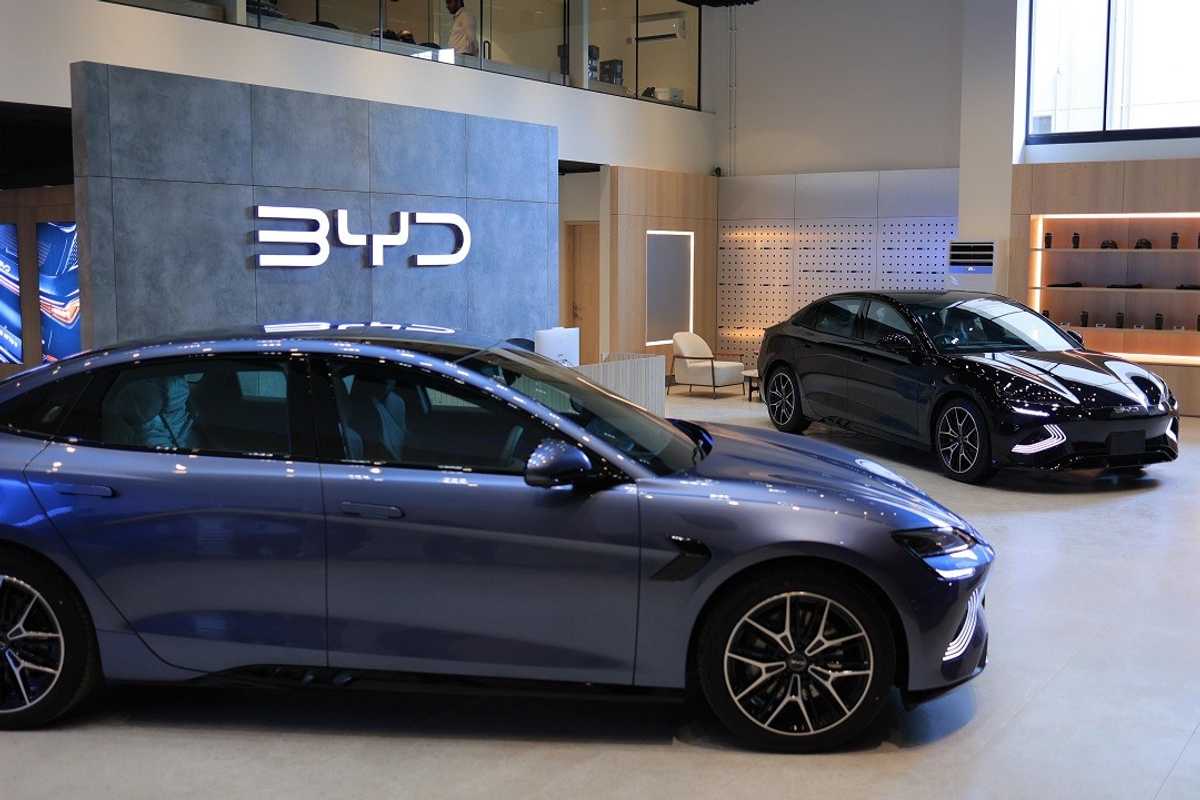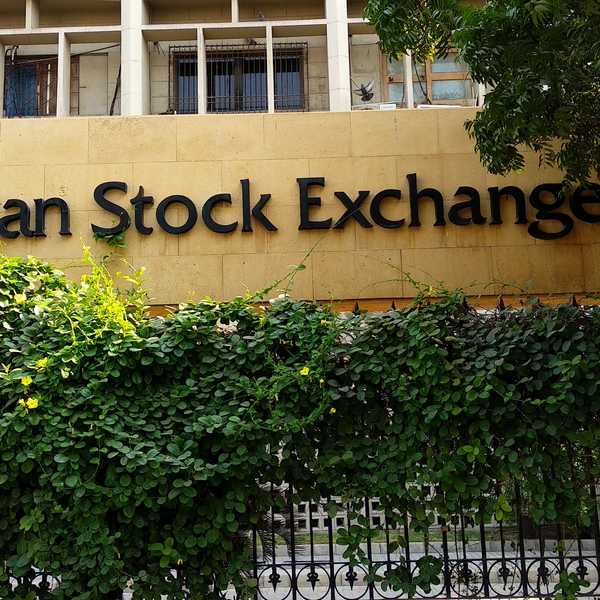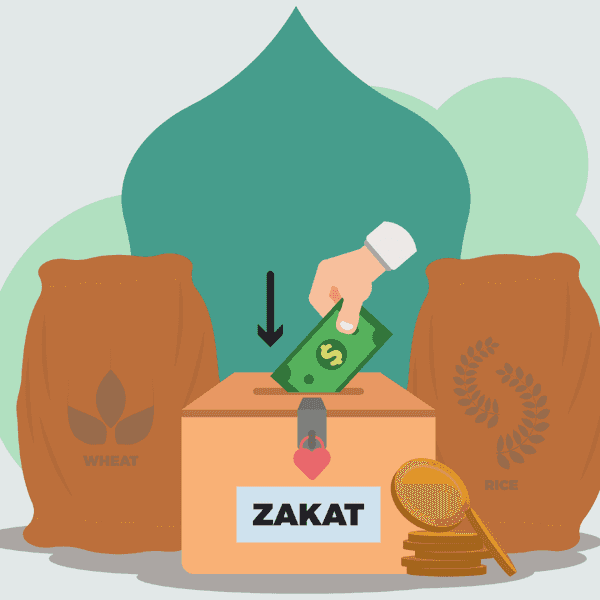HUBC sells 2,000 BYD EVs in six months, unveils $150M assembly plant plan
Hub Power’s joint venture eyes 25,000-unit local capacity, nationwide charging network
Business Desk
The Business Desk tracks economic trends, market movements, and business developments, offering analysis of both local and global financial news.

Hub Power Company Ltd announced Friday that more than 2,000 BYD electric vehicles (EVs) have been sold in Pakistan within just six months of launch, marking a major milestone in the company’s diversification strategy and its first foray into the auto sector through a joint venture.
The update came during HUBC’s corporate briefing, where the company also shared strong financials, promising dividend expectations from its Thar-based power plants, and strategic infrastructure plans across energy and transport.
BYD’s breakthrough in Pakistan
The electric vehicles, imported as Completely Built Units (CBUs) under Pakistan’s normal duty regime, have seen robust early demand. Over 500 pre-orders have been placed for the Shark model, one of BYD’s flagship EVs being introduced to the market.
The vehicles are sold through a 50:50 joint venture between Hub Power Holding (a wholly owned subsidiary of HUBC) and Mega Conglomerate. Interestingly, BYD has not taken any equity stake in the venture—marking its first international partnership without direct ownership, diverging from its typical 100% control model used in markets like Thailand and Brazil.
Local manufacturing plans
To support long-term EV growth, HUBC is moving ahead with plans to build a CKD (Completely Knocked Down) assembly plant in Gharo, targeting an annual production capacity of 25,000 vehicles. The $150 million project has a 60:40 debt-to-equity structure, and financial close is expected in Q4 2025. Term sheets have already been signed with both foreign and local lenders.
“We are confident this facility will enable us to meet rising local demand while boosting industrial capacity,” the company said, adding that CKD production is expected to begin within 24 months.
EV charging network rollout
To support its EV sales, the company plans to install EV chargers every 150-200 kilometers along the Karachi-Peshawar Motorway over the next six months.
Earlier charger models were sourced from Europe, but the company noted that affordable Chinese chargers are now helping reduce costs.
HUBC estimates that just three cars per day per site would allow its charging infrastructure to break even.
Thar power plants set for dividends
On the energy side, HUBC reaffirmed that its Thar-based power plants—Thar Energy Limited (TEL) and ThalNova—are expected to declare their first dividends in the second half of 2025.
Unlike China Power Hub Generation Company (CPHGC), which pays dividends annually, TEL and ThalNova are structured to distribute dividends twice a year.
CPHGC also paid a larger-than-usual dividend after June 30, following the recovery of old receivables, an encouraging sign for future returns. Receivable cycles have improved to 1-2 months, down from 3-4 months previously, with outstanding dues at PKR 53 billion for CPHGC, PKR 12 billion for TEL, and PKR 11 billion for ThalNova.
Energy and infrastructure plans
HUBC is also exploring the development of a Single Point Mooring (SPM) terminal on the Hub coast to import petroleum products for Pakistan State Oil (PSO). The plan includes leveraging existing storage tanks and transporting fuel via the Asia Petroleum Pipeline to Zulfiqarabad, where it would connect to the White Oil Pipeline, supplying northern regions.
Regarding its base plant, the company said it had chosen not to sell when other plants were on the market following PPA expirations, citing the need to wait for the “right time and right buyer”.
In response to a question about diversification, HUBC said it is in discussions with Chinese partners regarding an aluminum smelter project, though regulatory hurdles and limited domestic demand may impact its feasibility. Similarly, battery storage investments are currently on hold due to high competition from Chinese manufacturers and the absence of local lithium resources, making unit economics unattractive for now.







Comments
See what people are discussing